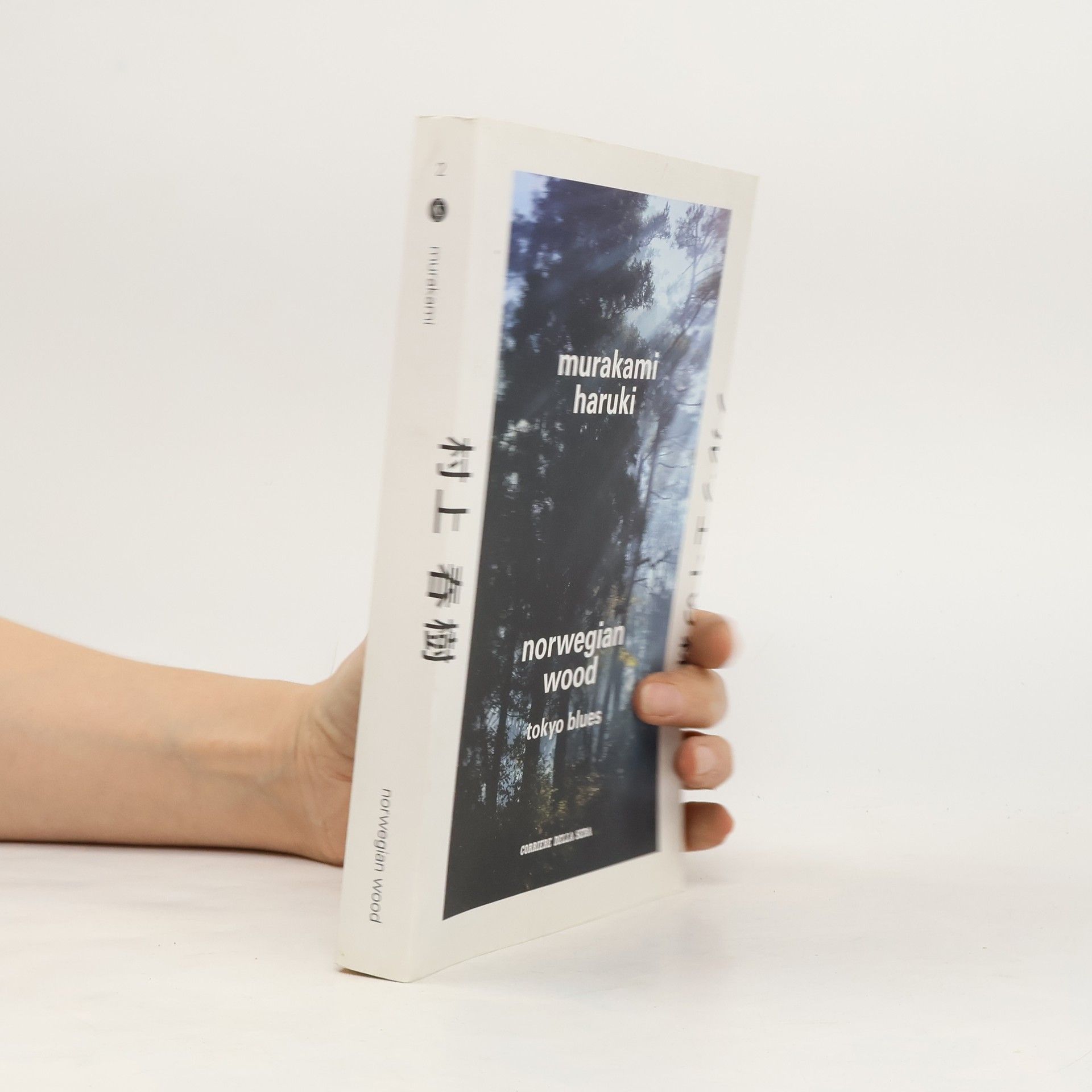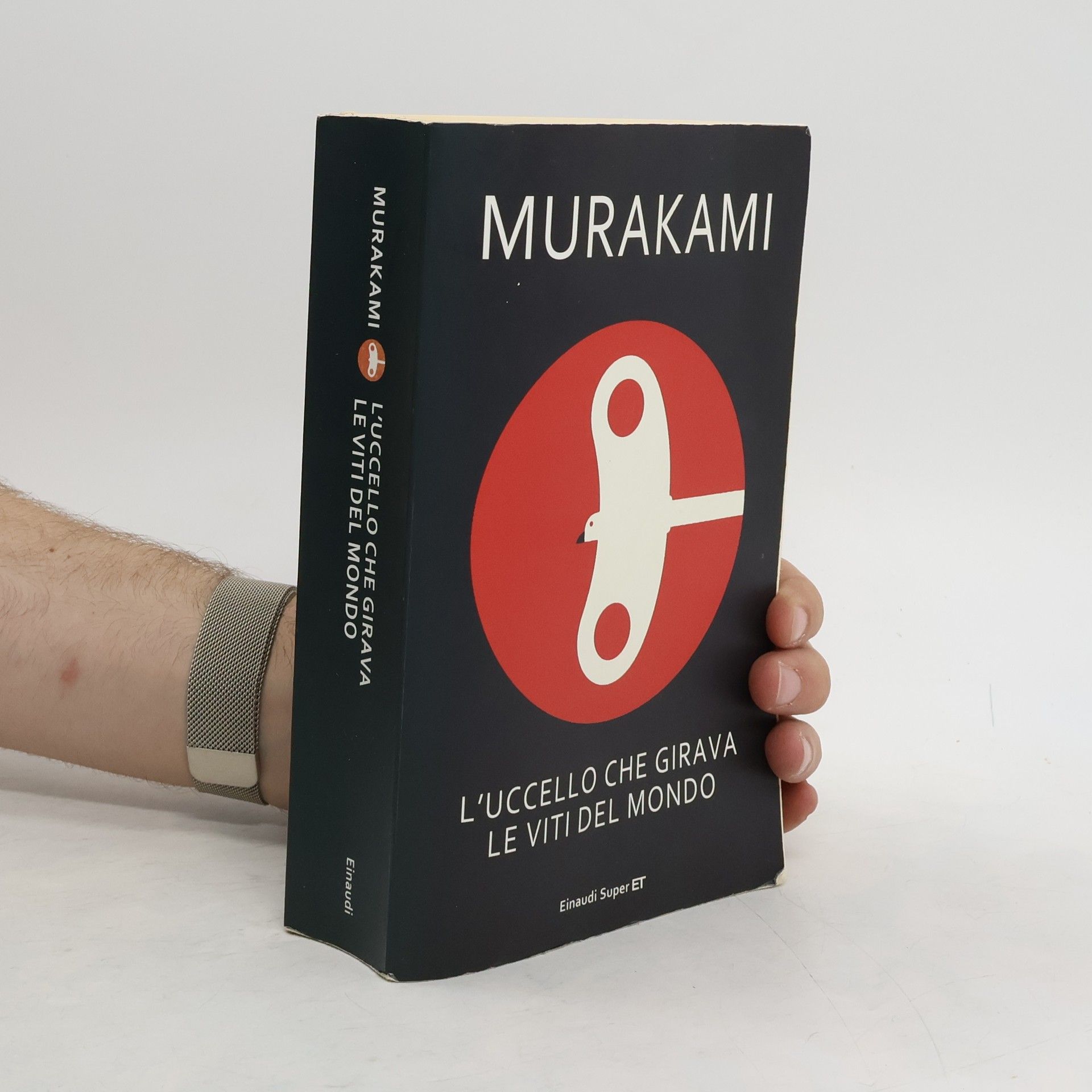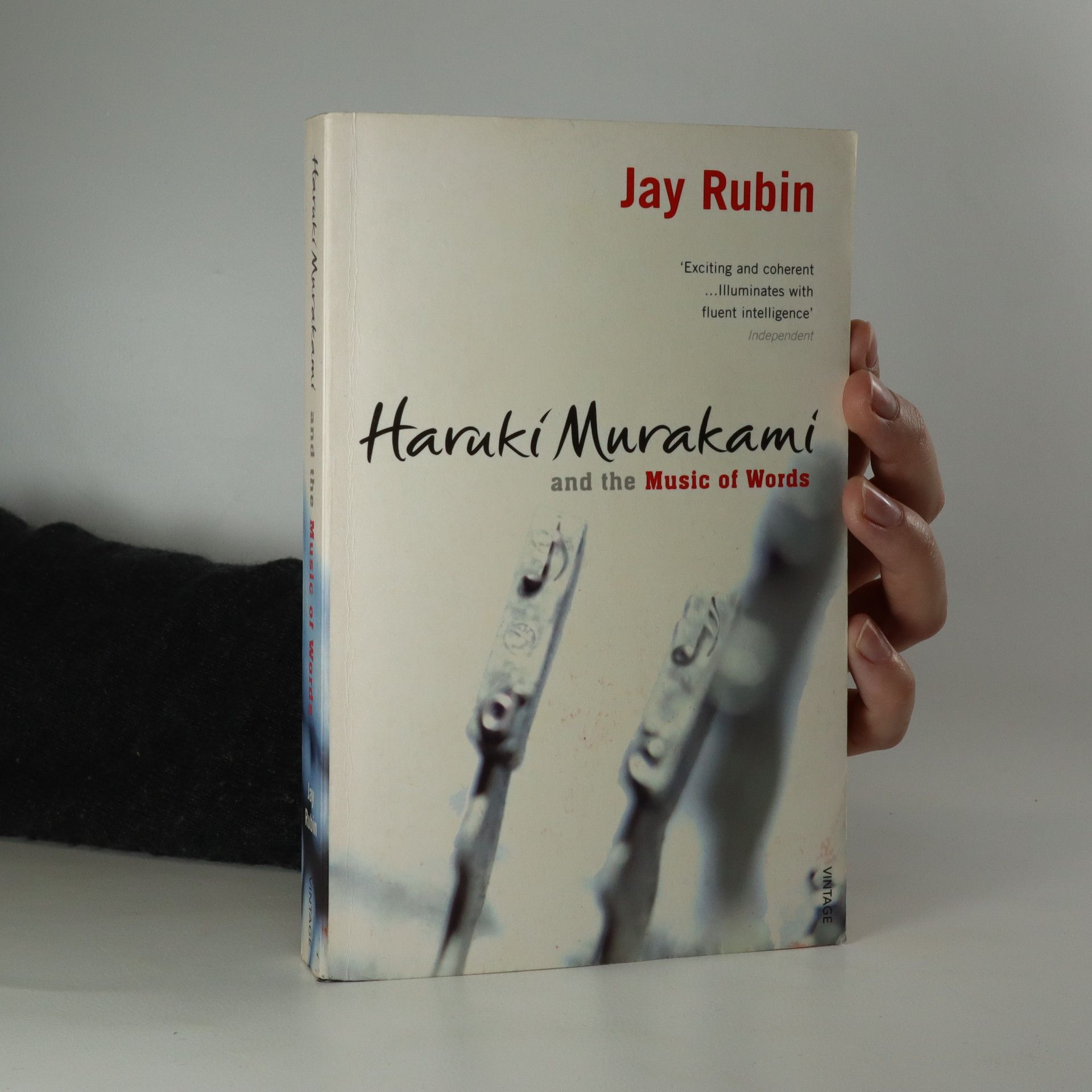Tokyo, 1984. Aomame è un killer in minigonna e tacchi a spillo che vendica le donne che subiscono violenza. Tengo è un ghost writer alle prese con un libro inquietante come una profezia. Entrambi si giocano la vita in una storia che sembra destinata a farli incontrare. Ma quando Aomame, sollevando gli occhi al cielo, vede sorgere una seconda luna, capisce che non potranno condividere neppure la stessa realtà Mai come in 1Q84 Murakami ha esplorato le nostre ossessioni per dare vita a un mondo così personale, onirico e malinconico.
Jay Rubin Libri
Jay Rubin è un accademico e traduttore americano, ampiamente riconosciuto per il suo ruolo cruciale nel portare le opere del romanziere giapponese Haruki Murakami a un pubblico di lingua inglese. I suoi contributi vanno oltre la traduzione, comprendendo guide illuminanti sulla lingua giapponese e analisi accademiche del panorama letterario di Murakami. Il lavoro di Rubin approfondisce le sfumature della letteratura e della cultura giapponese, offrendo ai lettori un maggiore apprezzamento per le sue complessità. Attraverso i suoi sforzi dedicati, colma le divisioni linguistiche e culturali, rendendo le opere letterarie profonde accessibili e comprensibili.







Making Sense of Japanese
- 144pagine
- 6 ore di lettura
The Penguin Book of Japanese short stories
- 576pagine
- 21 ore di lettura
A major new anthology of great Japanese short stories introduced by Haruki Murakami.This fantastically varied and exciting collection celebrates the great Japanese short story collection, from its origins in the nineteenth century to the remarkable practitioners writing today. Curated by Jay Rubin (who has himself freshly translated several of the stories) and introduced by Haruki Murakami this is a book which will be a revelation to many of its readers. Short story writers already well-known to English-language readers are all included - Tanizaki, Akutagawa, Murakami, Mishima, Kawabata, Yoshimoto - but also many surprising new finds. From Tsushima Yuko's 'Flames' to Sawanishi Yuten's 'Filling Up with Sugar', from Hoshi Shin'ichi's 'Shoulder-Top Secretary' to Yoshimoto Banana's 'Bee Honey', The Penguin Book of Japanese Short Stories is filled with fear, charm, beauty and comedy.
L'uccello che girava le viti del mondo
- 832pagine
- 30 ore di lettura
In un sobborgo di Tokyo il giovane Okada Toru ha appena lasciato volontariamente il suo lavoro e si dedica alle faccende di casa. Due episodi apparentemente insignificanti riescono tuttavia a rovesciare la sua vita tranquilla: la scomparsa del suo gatto e la telefonata anonima di una donna dalla voce sensuale. Toru si accorgerà presto che oltre al gatto, a cui la moglie Kumiko è molto affezionata, dovrà cercare Kumiko stessa. Lo spazio limitato del suo quotidiano diventerà il teatro di una ricerca in cui sogni, ricordi e realtà si confondono e che lo porterà a incontrare personaggi sempre più strani: dalla prostituta psicotica alla sedicenne morbosa, dal politico diabolico al vecchio e misterioso veterano di guerra. A poco a poco Toru dovrà risolvere i conflitti della sua vita passata di cui nemmeno sospettava l'esistenza. Un intrigante romanzo che illumina quelle zone d'ombra in cui ognuno nasconde segreti e fragilità.
Norwegian Wood
Tokyo blues
Norwegian Wood è un grande romanzo sull'adolescenza, sul conflitto tra il desiderio di essere integrati nel mondo degli "altri" per entrare vittoriosi nella vita adulta e il bisogno irrinunciabile di essere se stessi, costi quel costi. Come il giovane Holden, Toru è continuamente assalito dal dubbio di aver sbagliato o poter sbagliare nelle sue scelte di vita e di amore, ma è anche guidato da un ostinato e personale senso della morale e da un'istintiva avversione per tutto ciò che sa di finto e costruito. Diviso tra due ragazze, Naoko e Midori, che lo attirano entrambe con forza irresistibile ..
Aomame e Tengo sono da mesi persi sotto un cielo ostile in cui brillano due lune, separati eppure uniti da qualcosa di invisibile, come solo il destino può essere. Minacciati dalla setta Sakigake e da forze ancora piú sinistre, braccati dall'investigatore Ushikawa, tanto geniale quanto pericoloso, sono ormai alla fine del viaggio. La storia di un amore che deve superare ostacoli, risolvere enigmi, attraversare universi, per dare un senso alla realtà.
REVISED AND UPDATED WITH NEW MATERIAL ON 1Q84As a young man, Haruki Murakami played records and mixed drinks at his Tokyo Jazz club, Peter Cat, then wrote at the kitchen table until the sun came up. He loves music of all kinds - jazz, classical, folk, rock - and has more than six thousand records at home. And when he writes, his words have a music all their own, much of it learned from jazz. Jay Rubin, a self-confessed fan, has written a book for other fans who want to know more about this reclusive writer. He reveals the autobiographical elements in Murakami's fiction, and explains how he developed a distinctive new style in Japanese writing. In tracing Murakami's career, he uses interviews he conducted with the author between 1993 and 2001, and draws on insights and observations gathered from over ten years of collaborating with Murakami on translations of his works.
Blind Willow, Sleeping Woman
- 436pagine
- 16 ore di lettura
Included in this collection of stories is one in which a mirror appears out of nowhere and a night-watchman is unnerved as his reflection tries to take control of him, and another in which a couple's relationship is unbalanced after dining on exquisite crab while on holiday.
The Crash Bandicoot Files
- 200pagine
- 7 ore di lettura
A deluxe hardcover reproduction of Naughty Dog's original Crash Bandicoot developer's bible! Take a rare glimpse into the making of a videogame icon, and gain a first-hand taste of the undistilled creativity that brought Crash, Cortex, Aku Aku, and the rest of your favorite characters to millions of screens around the world! Reproducing Naughty Dog's original design document for Crash Bandicoot from the best available sources, this unique volume features original concept illustrations and includes a foreword from Crash's creators to lend insight into how Crash Bandicoot came to be the unforgettable videogame character he is today. This tome is sure to please all who possess a thirst for imagination and curiosity surrounding the creation of games!



